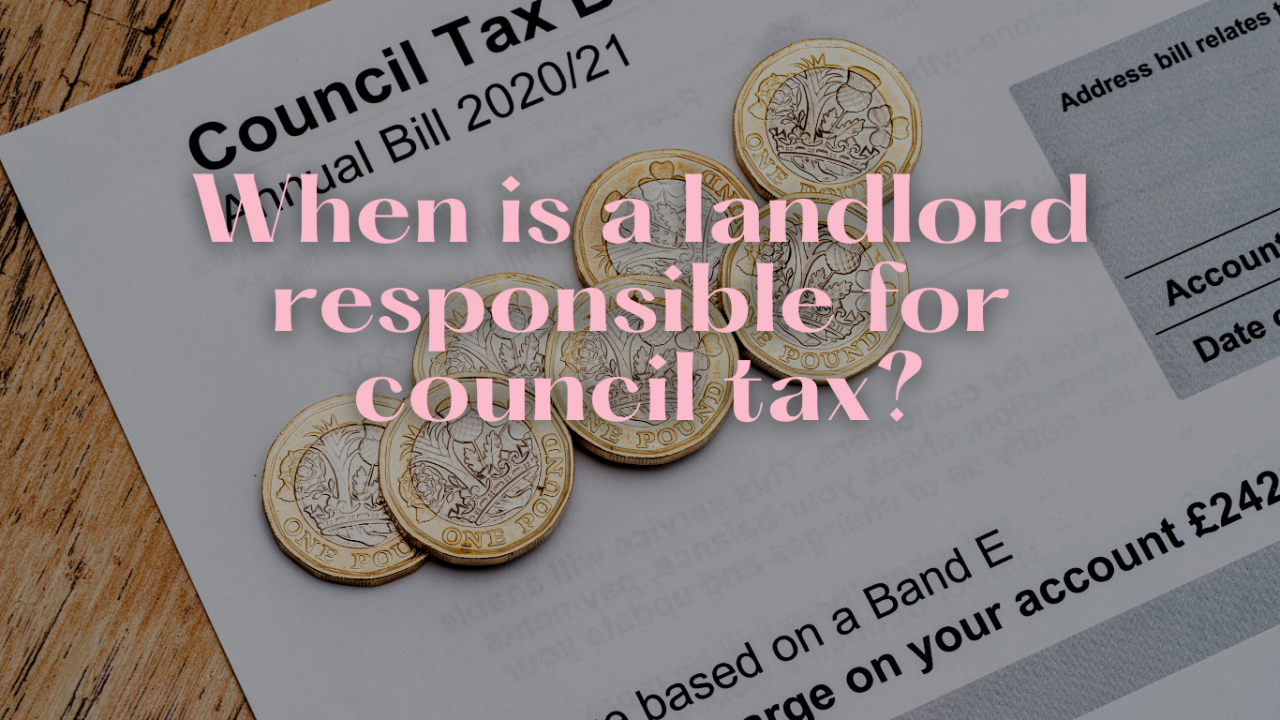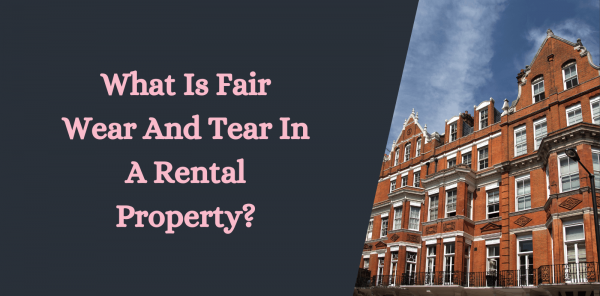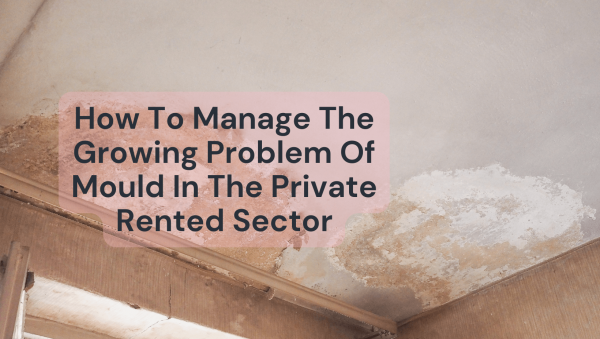Council tax is the fiddly cost that so many of us forget about and neglect to factor into our monthly expenses.
It is, however, a priority bill that could lead to expensive and damaging court proceedings if not paid.
With council tax rising by as much as 9.97 percent in some regions recently, landlords must know whether or not they are liable to pay it on any of their properties and how much they’ll need to set aside if they want to keep their portfolio spotless.
Here, we’ll go through the questions that all landlords should be asking, and getting to grips with what exactly their council tax obligations are and what those responsibilities mean.
Who pays council tax, landlords, or tenants?
Many landlords are unsure about whether they are responsible for paying council tax or if it is paid by their tenants. In the majority of cases, there is a standard hierarchy to follow.
This starts with any adult over 18 years of age who is occupying the property on an individual tenancy agreement. So, if the landlord is not residing in the property they are not usually responsible for paying council tax.
If there is a joint tenancy on the property, all the named tenants are responsible for council tax payments. If the landlord subdivides the tenancy and lets it out to a number of tenants, the landlord is responsible for paying council tax.
When is a landlord responsible for council tax?
In the majority of circumstances, tenants in Scotland, England, and Wales are liable for paying council tax. However, if the property is unoccupied or multiple or joint tenants are living in the property, the landlord will be liable.
Generally speaking, responsibility is determined by a hierarchy of liability, which means it starts with the tenant and ends with the landlord.
It’s also important to note that in order to pay council tax bills, a tenant must be over the age of 18, which is one of the many reasons why landlords typically do not offer tenancies to people under that age.
Also, if a property is fully occupied by full-time students then no council tax needs to be paid.
Are landlords liable for unpaid council tax?
Landlords are not usually responsible for paying unpaid council tax.
In most situations, as long as the council tax payment obligations are stipulated in the rental agreement, it will be the tenant or tenants that have to pay.
Landlords should keep a record of this agreement in case there is any dispute. They should also notify the local council tax department when tenants leave and when new occupants sign a tenancy agreement.
Do landlords pay council tax for students?
Your property is exempt from council tax if the people on the tenancy are full-time university or college students. If a full-time student shares with two or more employed people who aren’t full-time students, they may be liable for all of the council tax bill – unless one or both of them qualifies as a disregarded person for council tax discount purposes.
Do landlords pay council tax for HMOs?
For houses in multiple occupations (HMOs), or where multiple bedsits or rooms are occupied by separate individual parties, a single council tax will generally be applied. In this situation, the landlord is responsible for paying the bill. This is something that all landlords letting HMOs should take into account when setting their rental rates and deciding how many rooms to let out.
Do landlords pay council tax on empty properties?
If any of their properties are unoccupied, the onus of council tax payment falls to the landlord. Historically, local councils made an allowance for a period of six months, where they charged landlords 50 percent of the full amount. Since 2013, the amount to charge has been at the individual council’s discretion.
This has led to situations in certain boroughs (particularly in those where empty houses are increasingly common and councils worry about the knock-on economic effect of empty dwellings) where landlords who own any homes that have been unoccupied and unfurnished for two years or more are expected to pay 150 percent council tax. This is comfortably the area where most landlords end up paying the lion’s share of their council tax and they should plan accordingly for it.
Are any properties exempt?
Substantially unfurnished or recently repaired properties can be exempt for six months in certain circumstances, although the final say will always be with the local council. After this period, the landlord could be liable for a discounted rate of around 50 percent, but as we’ve previously stated, this is very much up to the local council and local councils are not quite as forgiving as they once were.
A property that is occupied entirely by full-time students or school and college leavers is also exempt – although the students must first apply for this exemption themselves.
How is council tax calculated?
Whether it’s an apartment, house, bungalow, or bedsit, each property will fall under its own council tax banding. This is set by the Valuation Office Agency (VOA). The valuation is based on what the property in question would have been worth on the open market on 1 April 1991.
There are eight bands that range from A to H, with H applying to the more expensive properties and A being the least expensive.
If you don’t know what band your property currently falls within, there is an easily searchable database.
Of course, things are a little more tricky in the case of flats. If a property contains several flats then each flat will have its own council tax band. This also applies to bedsits, but in the case of an HMO, the valuation office is more likely to ensure the same band is applied to the entire property.
How can landlords challenge a valuation?
If their property has moved into a new band and they feel a wrong decision has been made, landlords can appeal via the official gov.uk website.
Here, they will make a proposal to alter their property valuation if they feel it has been upgraded to a new band due to a rise in local house prices.
Legally, a new band can only be applied when the property itself or its surroundings have changed in some significant way, which includes demolition, renovation, and conversion into flats.
It’s also worth noting that the VOA will only review the band when the property is sold or a new lease is granted (or extended).
How should landlords approach council tax?
Landlords should always offer a written tenancy agreement to any prospective tenants, including council tax liabilities, in order to demonstrate to the council that the tenant is responsible for it and that the tenant is aware of the fact they are responsible for it.
In situations where the tenancy has not been surrendered, however, there will often be disputes between councils and landlords about who is liable for the council tax.
This is often the case when tenants vacate a property without giving notice and the landlord applies for vacant possession. Here, the landlord will most likely be billed for council tax, and whilst an appeal can be lodged, the outcome is generally always the same – the landlord ends up paying.
Councils are diligent about recovering unpaid council tax so it is important to ensure that you have approached council tax correctly and don’t owe any outstanding payments.
Source: Hamilton Fraser






Share this with
Email
Facebook
Messenger
Twitter
Pinterest
LinkedIn
Copy this link